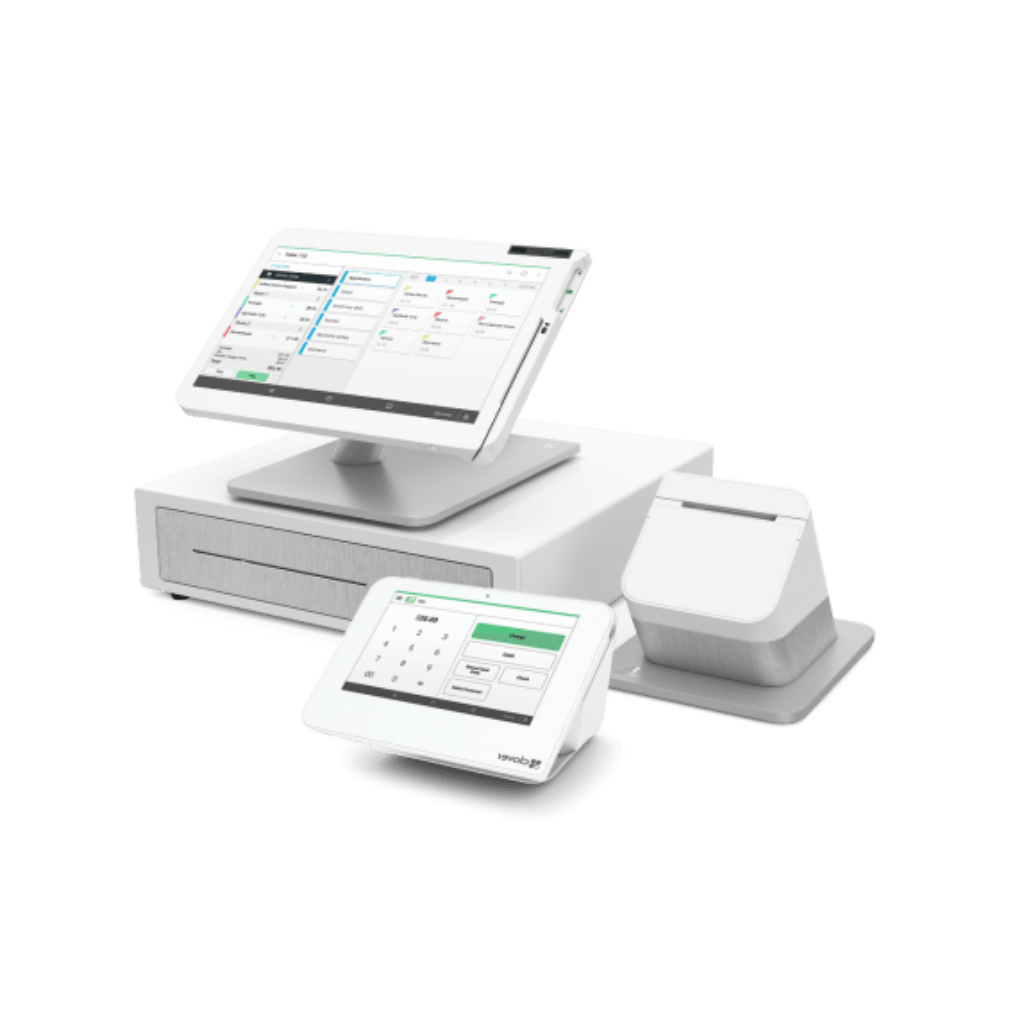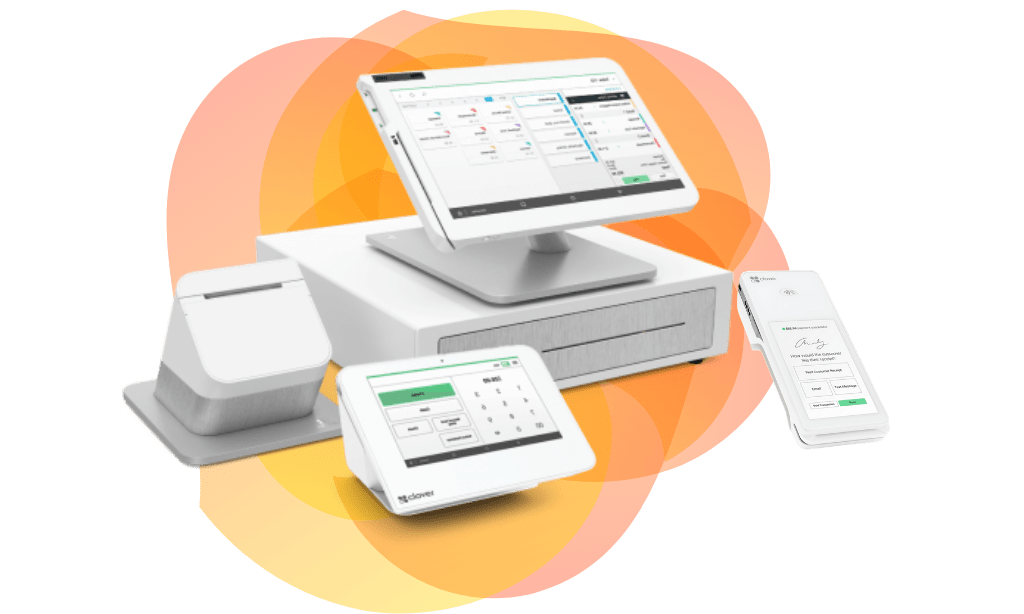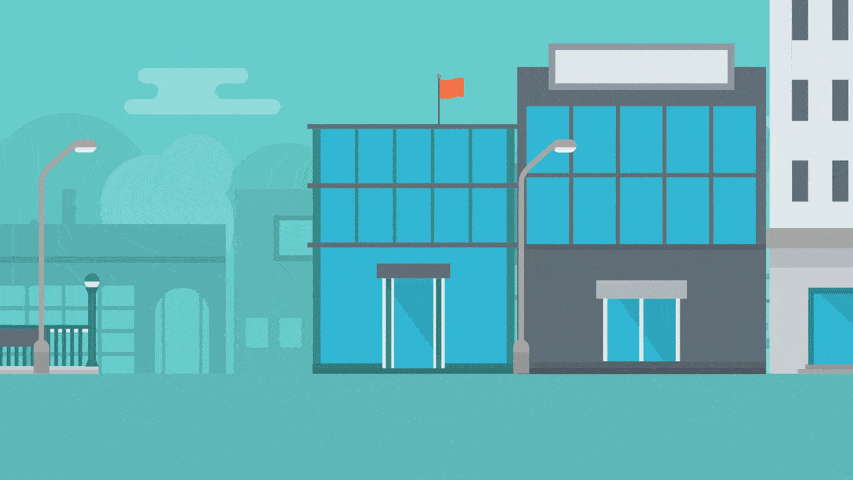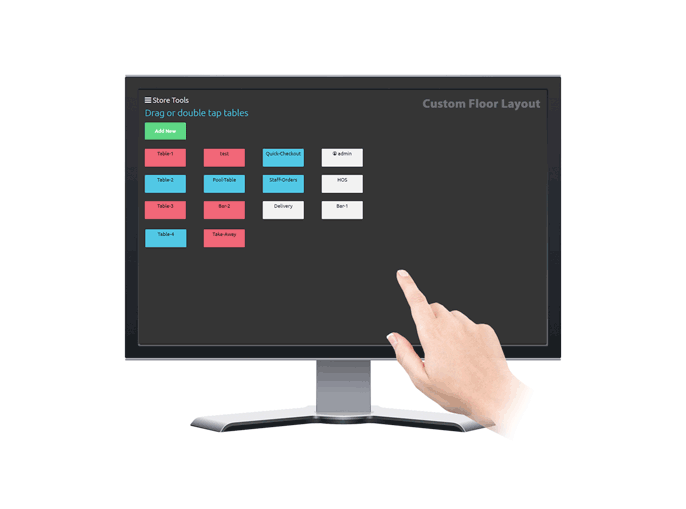POS System
A Point Of Sale system, also known as a cash register, is a computer that connects to your printer and checks your sales every time you make a change or a sale. POS systems can be used in almost any business and can be very helpful in tracking inventory and sales.
A POS system can also be a double-edged sword. It can be a great way to track inventory and sales and improve your business. But it can also be a huge time-suck and drain your resources so that you have to focus on other areas of your business.
A POS system can be a great help in running a business. But it can also be a huge time-suck and drain your resources so that you have to check other areas of your business. So, let’s take a look at the pros and cons of a POS system to help you decide whether it is the best solution for your business.
What is a POS System?
A POS system is also known as a cash register. It connects to your printer and every time you make a change or a sale, it records the sale on the computer. You can use it in just about any business and it can be very helpful in tracking inventory and sales.
Pro: Productivity
- If you have a POS system, you don’t need to write out every single transaction down on a piece of paper. This means that, over time, your staff will become more productive because they won’t have to worry about doing all of the paperwork.
Pro: Accuracy
- Another benefit of a POS system is that when transactions are recorded digitally, they are more accurate than if they were written by hand. That way, you know how many transactions have been made so far and how much money has been made throughout the day.
Con: Cost
- One major downside of using a POS system is that they are expensive to buy and maintain. Some small businesses may not be able to afford one and some may find them too expensive for their budget to run effectively.
Pros & Cons: Productivity- If a POS system is used correctly, your staff will become more productive because they won’t have to worry about doing all of the paperwork anymore. Con: Cost- The cost of buying and maintaining these systems can range from hundreds of dollars up to the tens of thousands depending on what kind you get. They can be pretty pricey for small businesses
All POS services at Mac Marketing
- POS system California
- POS system for Restaurant
- POS system for Retail
- POS system for Small Business
- POS system for Nail Salon
Benefits of a POS System
A POS system is a great way to track inventory and sales. It can help you improve your business by letting you know what items are popular, which ones need restocking, how many customers are coming in, and how much money you’ve made.
In addition to tracking inventory and sales, having a POS system can also be a huge time-suck. If you have one, you might find yourself running from table to table so that every customer can swipe their card with the POS system. You may also find yourself checking each transaction after it is completed to make sure everything went smoothly.
With these benefits come some drawbacks as well: the POS system will take up valuable space in your store or restaurant. In fact, if the point of sale system takes up too much space (especially on a busy day), customers may have trouble finding what they want or even getting around your store at all!
Drawbacks of a POS System
POS systems can be a great help in running a business. But they also have some drawbacks.
- For example, they can be expensive to get and maintain. They often cost around $2,000 for the software alone and then an additional monthly fee to keep it updated. And that’s not including the cost of equipment like printers, scanners, or credit card readers.
A POS system is built for managing inventory and money, but sometimes it can end up being too much for your business. A POS system might take time away from other areas of your business like marketing or customer service because you’ll need to spend most of your time handling transactions with the computer instead of talking to customers face-to-face. This can make you feel more isolated from your customers and might discourage them from coming back if they don’t see you very often.
Should you use a POS System?
A POS system can be a huge help in running a business. But it can also be a huge time-suck and drain your resources so that you have to focus on other areas of your business.
So, let's take a look at the pros and cons of a POS system to help you decide whether it is the best solution for your business.
One pro of a POS system is the ability to more accurately track inventory. If someone accidentally rings up 10 items when they only had 9 in stock, with POS they will know this discrepancy and make adjustments accordingly. This way, they won't have to worry about shortages or over-stock because they know exactly how many items are in their store at any given time.
Another pro is the ability to track sales data. With a POS system, you'll have detailed information about what works and what doesn't work in your store so that you can better tailor your marketing efforts going forward. You'll also be able to see what times of year work better than others and put together an effective marketing plan for those levels of success.
The con of using a POS system is that it takes up time for people who don't specialize in computers or technology. If you don't have somebody with the right skill set then you may end up spending more time trying to fix errors rather than doing other productive tasks like promoting your business on social media or tending to customers in person.
Final Words
The Pros:
- You can have a direct link to the printer and never have to worry about running out of ink or paper for your printer.
- You can keep track of inventory, so you know how much you need to order.
- It's an easy way to keep track of sales and customer data, like credit card numbers.
The Cons:
- POS systems are expensive, especially if you don't have a lot of funds to spare on integrating one system into your business.
- Installing a POS system can be a difficult job for less tech-savvy people.
- If the power goes out, your entire system shuts down and all data is lost, which is something that could happen at any time due to stormy weather or other disasters.



